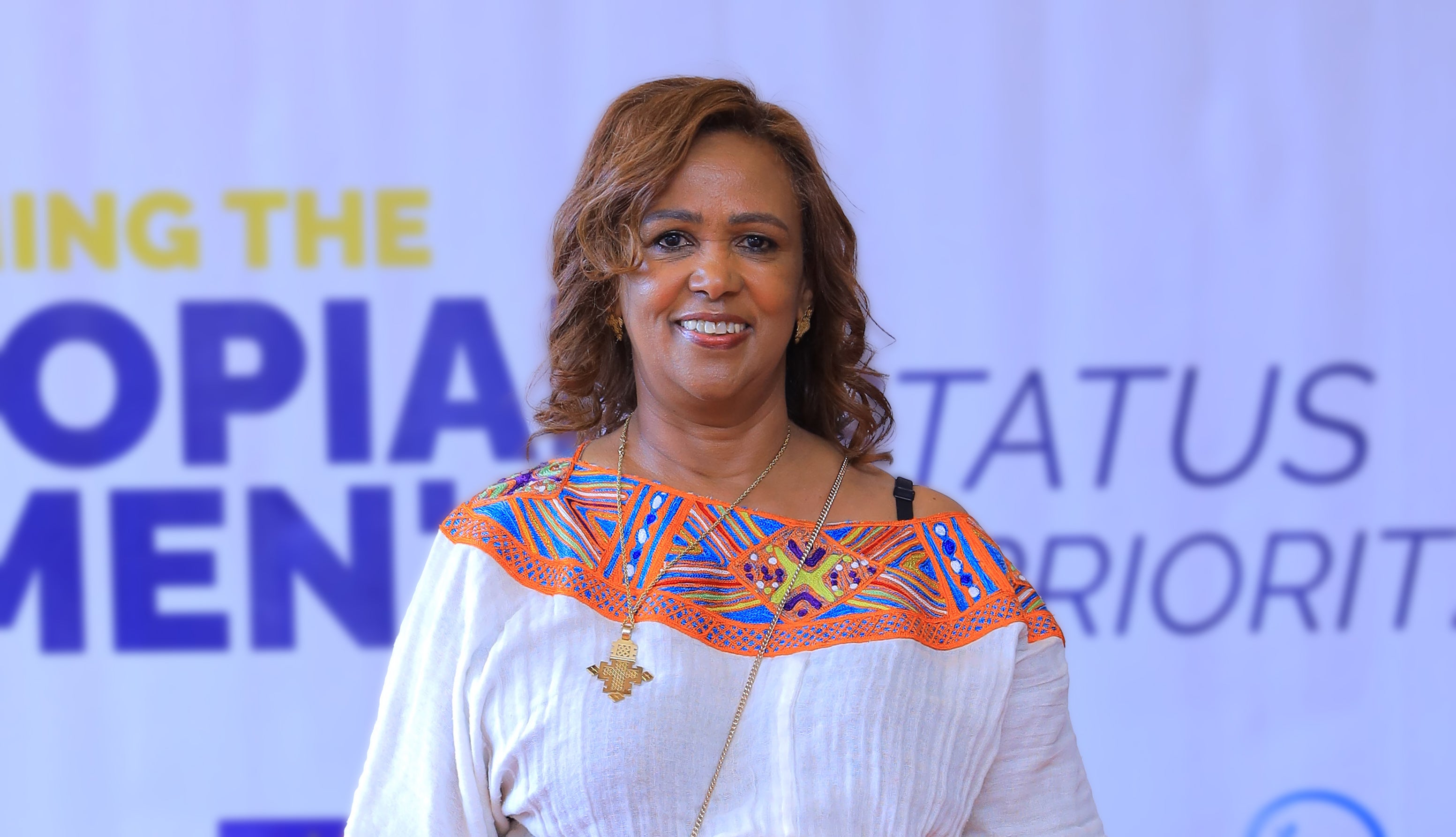From Where I Stand: “Raised among women who were strong, for me women’s strength is a norm not an exception.”
Date:

“My name is Saba Gebre Medhin. I was born and raised in Addis Ababa by a strong single mother in a family of three girls and one boy, hence knowing that a woman is as strong as a man. I went to a private girls’ school, and I never understood the difference, the patriarchy. At a younger age, I was known for asking the ‘why?’ including for people’s right being violated.
Raised among women who were strong, for me women’s strength is a norm not an exception. I don’t tolerate abuse and violence. I remember as a high school student; how it angered me the society’s acceptance as a norm the catcalling and harassment of girls when they walk home from school. I never understood why this was allowed, sometimes going as far as forcing girls into relationships without their consent. This annoyed me and I used to go beyond my space to defend my own and others’ rights. There were many abusive cases where I had to stand on the street and fight for or else refer the victims to the relevant authority for protection. This became my passion and led me to earn my bachelor’s degree in law at Addis Ababa University and my master’s degree in Gender, Globalization and Right in Ireland. After serving as a prosecutor for almost ten years, I became the Executive Directress at Network of Ethiopian Women Association (NEWA) during its establishment. Since then, I have been a strong voice and advocate for women’s advancement for twenty years now through establishing and sustaining collaboration among relevant stakeholders throughout the country.
Despite the various challenges I faced in my work life, including changes in the government system, I continue to believe what I do matters and that I have what it takes to make a difference. The most challenging time was in 2009 when I had to decide for NEWA to continue working for women’s rights during the government’s unfavorable legal framework that limited Civil Society Organization’s foreign funding source to 10% for those working on human rights, gender equality and related issues. Mine and my colleagues’ decision to remain as an institution that fights for women’s and girls’ rights meant NEWA would struggle with very limited resources. This was a challenging season that tested my resolve from several directions, but also a rewarding route. The Union of Ethiopian Women Charitable Associations we established as a coping mechanism during those days, now has more than 80 member organizations. Despite the challenges, we stood firm in our vision. Such unity and outcome inspire me to do more.
My mother, a mother of four and a teacher by profession is my role model. She got married when she was still in high school. She went back to school and completed her college education earning the highest grade while raising her kids and supporting siblings. I have a supportive husband and three sons. I consistently discuss with them what I do and why I do human right protection including women’s right. They are always by my side in this journey.
I believe that unlike the context where I was raised in, the younger generations today are better informed with more opportunities to explore and transform the lives of women and girls for the better. My advice to them is to engage in intergenerational linkage as I consider that it is only by working together across generations that we can achieve our common goals and make a difference.”
The Network of Ethiopian Women Association (NEWA) has been one of the key partners of UN Women Ethiopia since its establishment. Through UN Women’s support under different thematic programs, NEWA has implemented various activities in different sectors to promote women’s socio-economic and legal rights resulting on a significance progress on gender equality and women’s empowerment in the country. Ms. Saba is the Executive Directress at Network of Ethiopian Women Association (NEWA) since its establishment. Among her current roles is guiding in the peace and humanitarian fund advisory committee being led by UN Women.